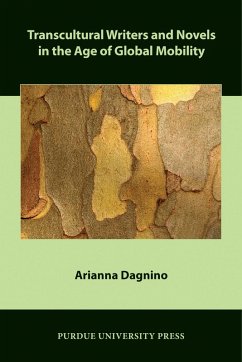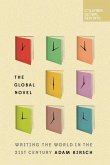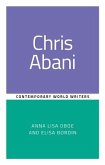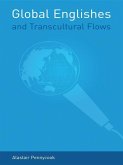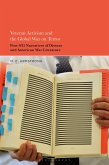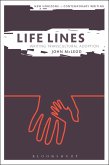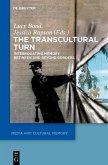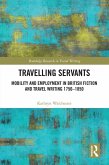In Transcultural Writers and Novels in the Age of Global Mobility, Arianna Dagnino analyzes a new type of literature emerging from artists increased movement and cultural flows spawned by globalization. This "transcultural" literature is produced by authors who write across cultural and national boundaries and who transcend in their lives and creative production the borders of a single culture. Dagninos book contains a creative rendition of interviews conducted with five internationally renowned writersInez Baranay, Brian Castro, Alberto Manguel, Tim Parks, and Ilija Trojanowand a critical exegesis reflecting on thematical, critical, and stylistical aspects.
By studying the selected authors corpus of work, life experiences, and cultural orientations, Dagnino explores the implicit, often subconscious, process of cultural and imaginative metamorphosis that leads transcultural writers and their fictionalized characters beyond ethnic, national, racial, or religious loci of identity and identity formation. Drawing on the theoretical framework of comparative cultural studies, she offers insight into transcultural writing related to belonging, hybridity, cultural errancy, the "Other," worldviews, translingualism, deterritorialization, neonomadism, as well as genre, thematic patterns, and narrative techniques. Dagnino also outlines the implications of transcultural writing within the wider context of world literature (s) and identifies some of the main traits that characterize transcultural novels.
By studying the selected authors corpus of work, life experiences, and cultural orientations, Dagnino explores the implicit, often subconscious, process of cultural and imaginative metamorphosis that leads transcultural writers and their fictionalized characters beyond ethnic, national, racial, or religious loci of identity and identity formation. Drawing on the theoretical framework of comparative cultural studies, she offers insight into transcultural writing related to belonging, hybridity, cultural errancy, the "Other," worldviews, translingualism, deterritorialization, neonomadism, as well as genre, thematic patterns, and narrative techniques. Dagnino also outlines the implications of transcultural writing within the wider context of world literature (s) and identifies some of the main traits that characterize transcultural novels.
Dieser Download kann aus rechtlichen Gründen nur mit Rechnungsadresse in A, D ausgeliefert werden.

